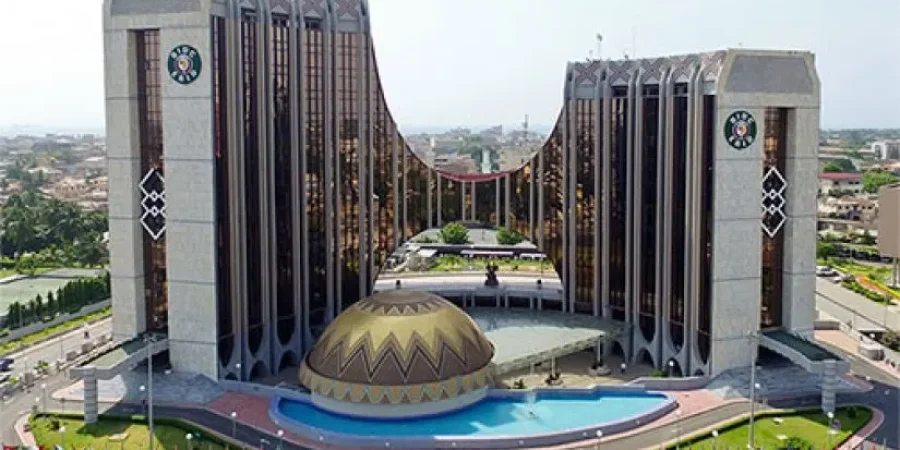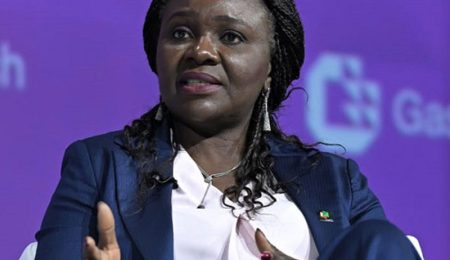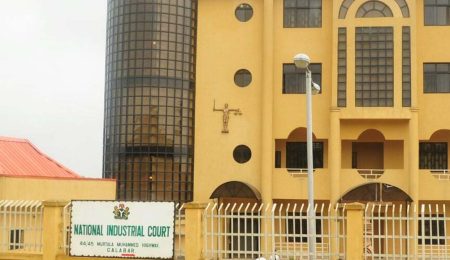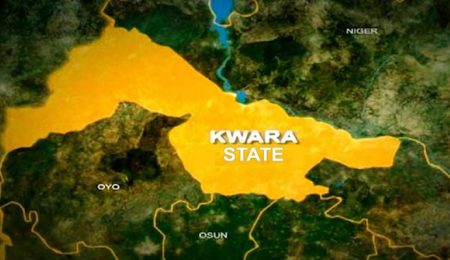The ECOWAS Bank for Investment and Development (EBID) has approved a $100 million facility to support the construction of the Lagos-Calabar Coastal Highway, as part of a broader funding package aimed at deepening regional integration and stimulating industrial development across West Africa.
This was among several key decisions made at the bank’s 92nd Ordinary Session, held on June 30, 2025, where the Board of Directors approved a combined financing of €174 million and $125 million to support projects designed to drive economic growth and promote industrialisation across the West African sub-region.
In a statement signed by the Head of Communications at EBID, Anita Somda-Dala, said the Lagos-Calabar highway project is a strategic investment that will enhance connectivity between nine Nigerian states, linking seaports and remote agro-industrial areas, and unlocking new regional value chains along Nigeria’s coast.
On Nigeria, she states: “A $100 million Lagos-Calabar coastal motorway project, in the Federal Republic of Nigeria. This project, which spans 47.7 km, will link nine Nigerian states, improve access to seaports and isolated agro-industrial areas, and contribute to the emergence of a regional value chain to help coastal communities.”
Furthermore, a breakdown of the funds approved Somda-Dala added: “A €50 million project for the construction and equipping of six (6) technical education and vocational training centres by Planet One, in the Togolese Republic.
“This project aims to equip the Togolese youth with skills that are in high demand for various industries. It is expected that 3,480 learners per year will benefit from training, building a more productive and competitive workforce.
“$25 million project for the import of clinker by Société de Ciment de Côte d’Ivoire in the Republic of Côte d’Ivoire. This project will increase the availability of cement products in Côte d’Ivoire by importing 400,000 tonnes of clinker.”
She also noted the bank approved a €28.9 million project to modernise and bring up to standard four agricultural high schools in the Republic of Guinea.
This multi-sectoral development project, they reiterated, will help to improve the employability of Guinea’s young people and provide a structural solution to youth unemployment.
“€95.163 million project to build three hydroelectric micro-power stations (30 MW) with SOGEOH at Poukou, Bolokoun, and Biwbaw in the Republic of Guinea.
“This project aims to harness local hydraulic potential in areas with poor access to power to produce renewable energy, thereby improving living conditions and generating economic activity to benefit rural populations.”
Nume Ekeghe
Follow us on:



